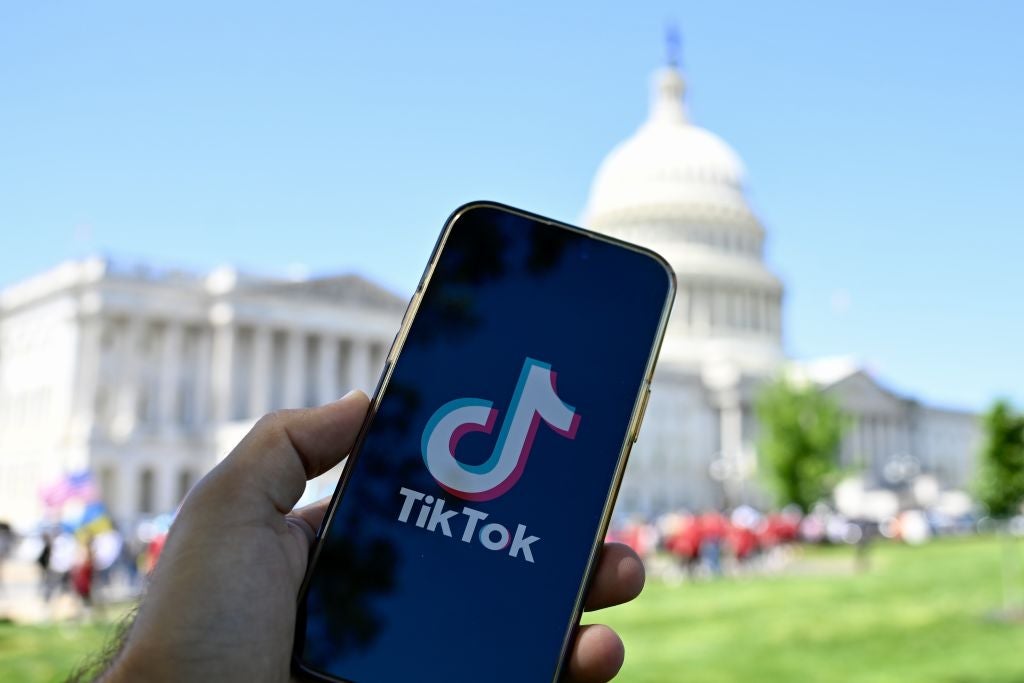
China has banned the sale of the Bible via online marketplaces as the East Asian nation continues to clamp down on the practice of religion.
Searches for the Holy Bible on platforms like Taobao, Jingdong, Amazon, JD.com and DangDang return no results.
The Bible is the only religious scripture to have been removed by these retailers. For example, searching for the Koran still produces results.
Why has China banned the Bible?
The ban on Bible sales isn’t new. The nation has always controlled the sale of the Christian text.
China only allows state-sanctioned churches to print and distribute the holy book. However, the internet provided a loophole that, until now, didn’t seem to bother China all that much.
The crackdown could be a result of Xi Jinping’s recent increase in control after the two-term presidential limit was scrapped. The Chinese leader has previously expressed that China should increase regulation on both religion and internet use.
How well do you really know your competitors?
Access the most comprehensive Company Profiles on the market, powered by GlobalData. Save hours of research. Gain competitive edge.

Thank you!
Your download email will arrive shortly
Not ready to buy yet? Download a free sample
We are confident about the unique quality of our Company Profiles. However, we want you to make the most beneficial decision for your business, so we offer a free sample that you can download by submitting the below form
By GlobalDataXi stressed at the Communist Party conference last year that China must oppose “erroneous” ideologies and discourage the practice of religions that aren’t “Chinese in orientation”.
China has been at odds with the Vatican for over a decade after the Catholic Church opposed China’s communist principles. China is one of the only countries in which the Pope doesn’t have sole authority to appoint bishops.
Recent rumours suggested that China could be preparing to relinquish some of its control on the religion, which would give the Pope the right to veto China’s selection of bishop candidates.
The timing of the ban on online Bible sales could be seen as an attempt by China to flex its muscles and show that it is still in charge amid these talks.
What was said:
Speaking on rumours that China could be able to relax its control of religion to appease the Vatican, former Vice Head of State for Religious Affairs Chen Zongrong said:
“China’s constitution is clear. Foreign forces cannot be allowed to interfere with China’s religious environment and religious affairs.”
Prior to China’s decision to ban online sales of the Bible, a Vatican spokesperson insisted:
“The Holy Father Francis remains in constant contact with his collaborators on Chinese issues and follows the progress of the ongoing dialogue.”
However, the Vatican has also insisted that a deal is far from imminent.
Why it matters:
While officially abolished in 2006, the Catholic Church in China remains divided between those that follow the China Patriotic Association, the state-controlled church, and underground churches previously ran by the Vatican.
The government limits what pastors at state-controlled churches are allowed to preach. Likewise, they are constantly monitoring churches through surveillance cameras.
According to Yang Fenggang, professor of sociology at Purdue University, China is home to approximately 93 to 115 million Christians. However, just 30 million of them attend official Churches.
China’s tightening of the Bible sale ban is worrying news for the 63 million+ Chinese Catholics that worship at underground churches. There are fears that Xi’s government will step up attempts to close these groups down.
Speaking to the South China Morning Post, one underground church worshipper said:
“I’m realy afraid it will be shut down one day. At the state church, I felt like I was listening to a lecture. But at the family church, people know about each other and love each other.”







